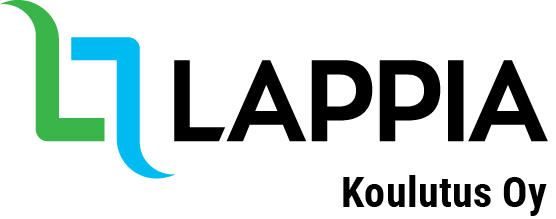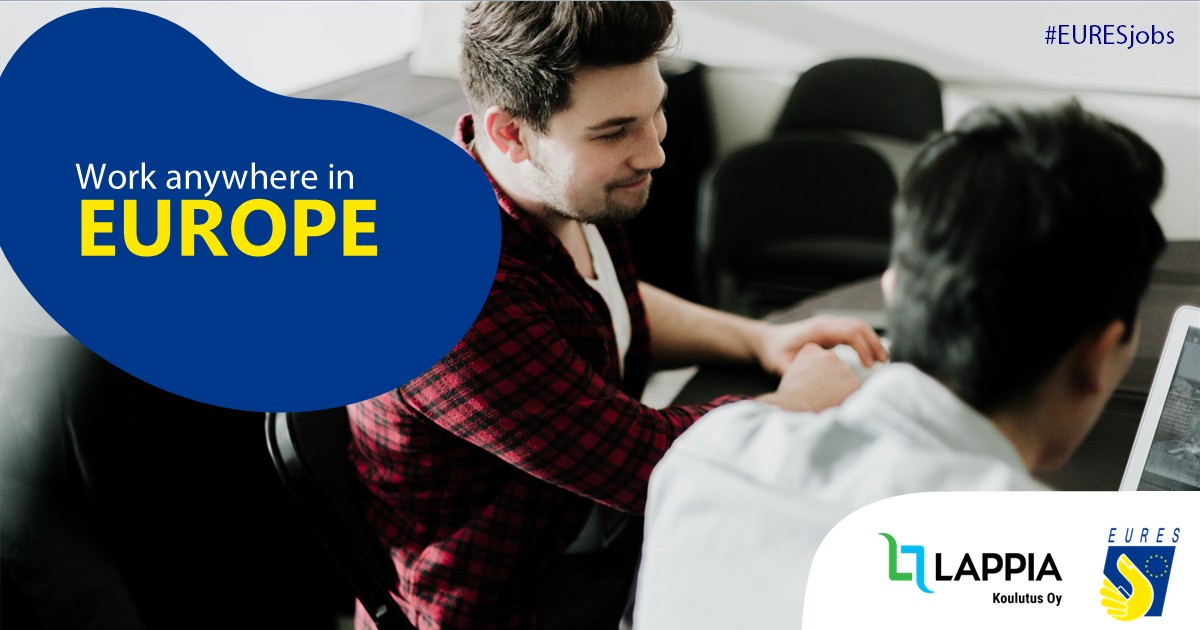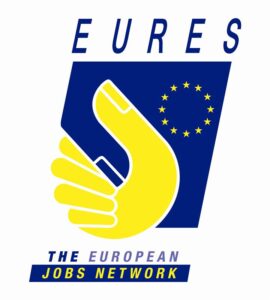EURES (European Employment Services) is a cooperation network formed by public employment services (PES). Trade unions and employers’ organisations also participate as partners. The objective of the EURES network is to facilitate the free movement of workers within the European Economic Area (EEA) (the 27 members of the European Union, plus Norway, Liechtenstein and Iceland) and Switzerland.
EURES covers 31 countries: Austria, Belgium, Bulgaria, Croatia, Cyprus, Czech Republic, Denmark, Estonia, Finland, France, Germany, Greece, Hungary, Iceland, Ireland, Italy, Liechtenstein, Luxembourg, Lithuania, Latvia, Malta, Netherlands, Norway, Poland, Portugal, Romania, Slovak Republic, Slovenia, Spain, Sweden, Switzerland.
EURES targets both jobseekers from EURES countries interested in their right to freely move to another country for work or study and employers wishing to recruit such workers.
Every citizen of the EU has the right to work and live in any Member State without being discriminated against on grounds of nationality. Free movement of persons is one of the fundamental freedoms guaranteed by the Treaty on the European Union (EU) (art. 3, 39, 40) and Community law.
Community rules on free movement of workers also apply to Member States of the European Economic Area (Iceland, Liechtenstein and Norway). Switzerland has a bilateral agreement with the EU on the free movement of people.
The vacancies available in ‘Find a job’ cover a wide range of occupations and include permanent and seasonal opportunities.
Each vacancy has information on how to apply and whom to contact. The contact may be either a EURES Adviser, who will process the application or, in other cases, contact can be made directly with the employer.
The jobs advertised on the EURES portal come from EURES Members and Partners, in particular the European PES. They use EURES to advertise jobs for which employers are particularly interested in recruiting workers from other European countries. These ‘EURES jobs’ indicate that an employer is particularly interested in recruiting workers from other European countries.
Several EURES online services are freely available without registration. You can register in ‘My EURES’ and make your search for jobs. However, EURES is a tool which facilitates job matching between employers and workers enjoying the right to free movement within the European internal market. Finding a job via EURES does not affect national requirements for non-EU nationals’ access to the labour market (i.e. work and/or residence permit regime). For more information aimed at non-EU nationals please visit the EU Immigration portal (europa.eu).
Within the countries of the European Economic Area (EEA), freedom of movement for people is a basic right, allowing EEA nationals to work in another EEA country without a work permit.
Living and working in another European country can present some obstacles, such as adapting to a new culture, working in a foreign language, and familiarising yourself with unfamiliar tax and social security systems. You can best prepare yourself by being well informed about the country of your choice. Your own personal qualities and determination also play a role in finding a job as, of course, do your qualifications and foreign language knowledge. Before you start your job search, it is important to realise that it is not necessarily easier to find a job abroad than it is in your home country (the overall European Union unemployment rate is still high). Nevertheless, some sectors on the European labour market may offer considerable opportunities, such as the tourist sector and the service sector (financial services, management consultancy, the construction sector, the IT sector and some segments of the health sector) as well as seasonal work in agriculture. You should also remember that there are considerable differences in job opportunities between regions in the European Economic Area and that the situation can change very quickly. Further information on this can be found in the ‘Living and working’ section.
One of the most important elements is finding out how to get your qualifications recognised in the ‘host’ country. The crucial point, for those with professional qualifications, is whether the profession is regulated or not. The regulated professions are those professions that are restricted to persons holding certain qualifications (lawyers, accountants, teachers, engineers, paramedics, doctors, dentists, veterinary surgeons, pharmacists and architects, for example). In some of these professions, a list of recognised and equivalent qualifications has been established, while in others, the equivalence is judged on a case-by-case basis, taking into account the course length and content. If your profession is not a regulated one, you may start practising as soon as you get a job, but you must observe any necessary procedures applicable to that profession in the host country, and which may be different to what you are used to.
You should ensure that you have drawn up a clear, well-structured Curriculum Vitae, targeted towards the specific job. You should also get it translated into the host country language, together with your qualifications (see above). Most Member States expect the subject of your degree or diploma to be directly related to the job applied for, while others place less importance is placed on this. The EU has adopted a European Standard Curriculum Vitae. Suitable for both vocational and academic graduates, this EUROPASS CV gives a clear picture of a candidate’s aptitude and skills across EU-borders.
For jobseekers EURES services are generally free of charge.
For employers EURES services are generally fee-based.
You can ask your EURES advisor about the costs of the services.
Questions?
• Are you looking for work abroad?
• Do you need skilled employees from Europe?
• Want to know about financial support for mobility or recruitment?



